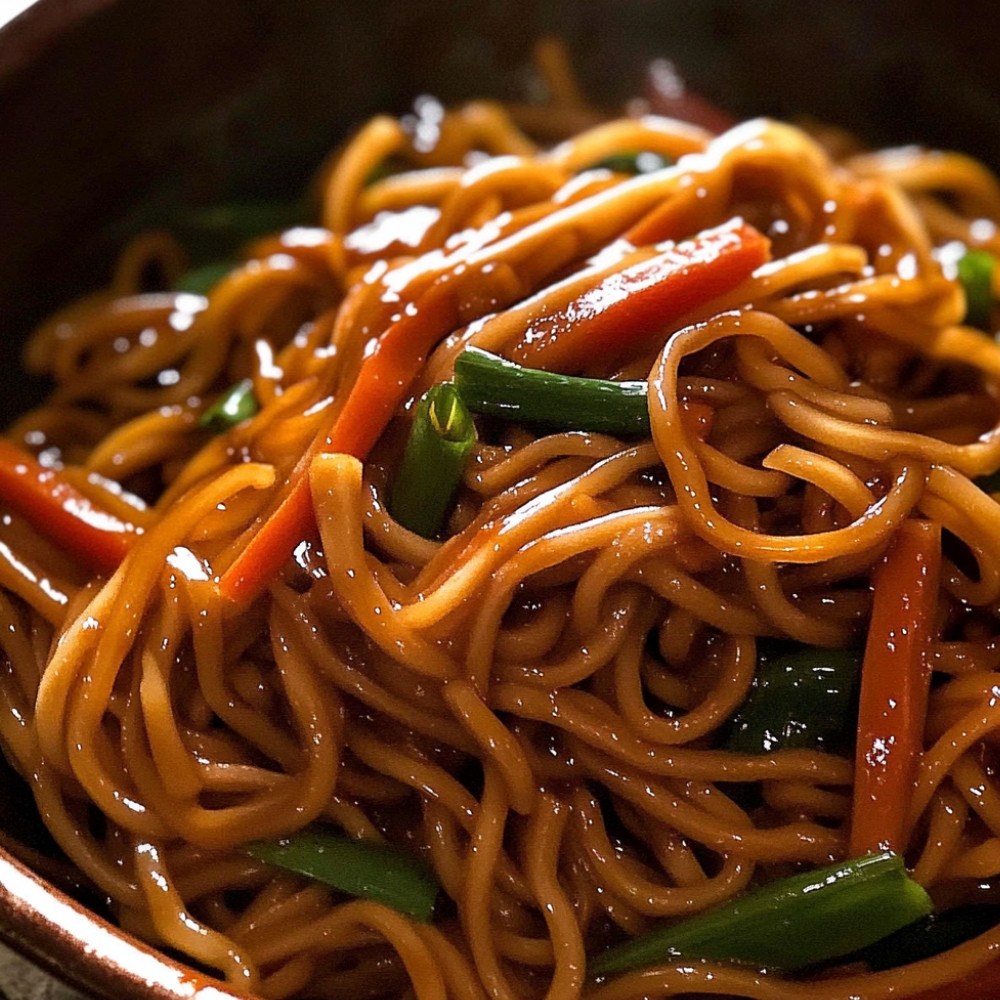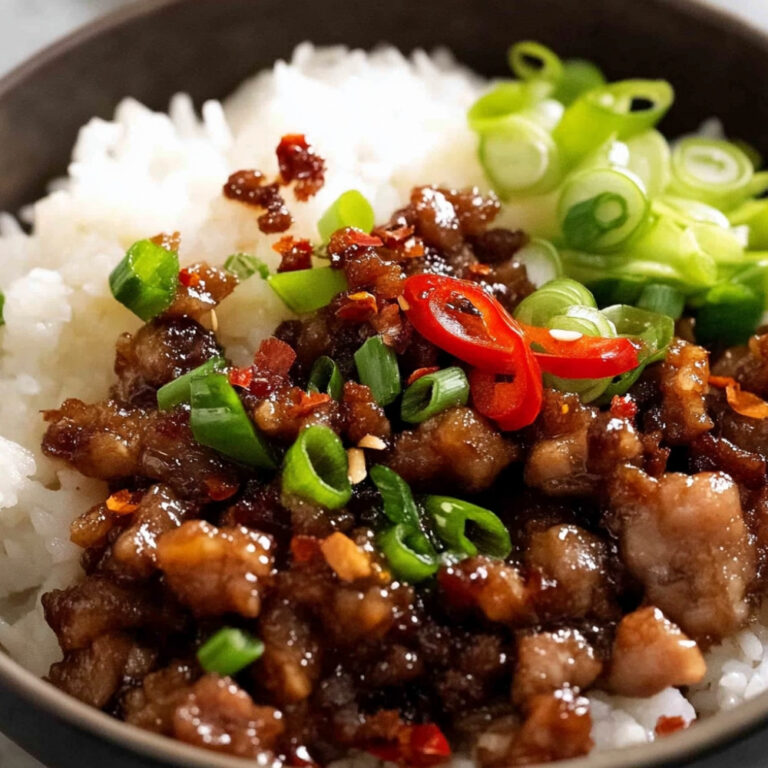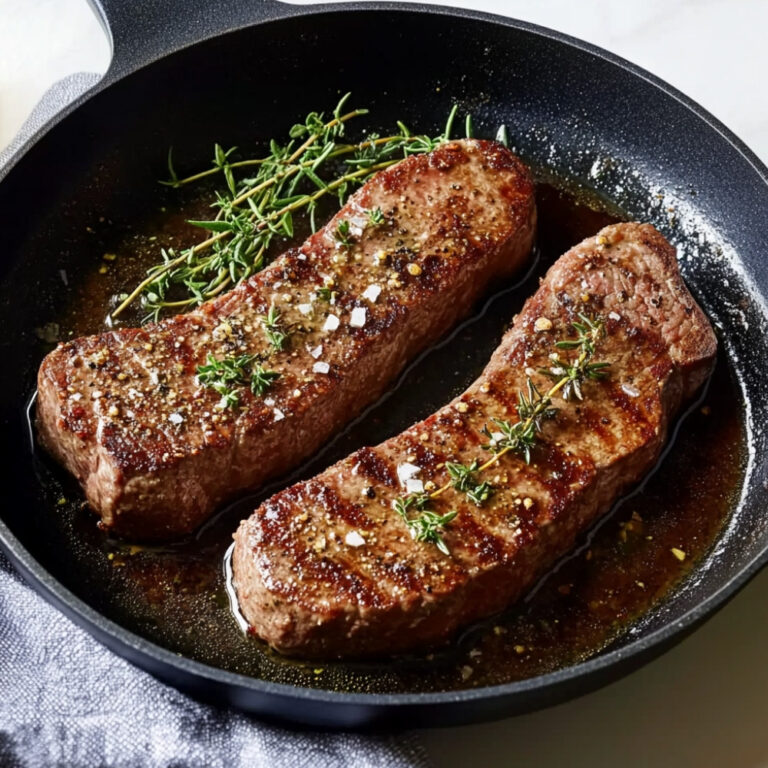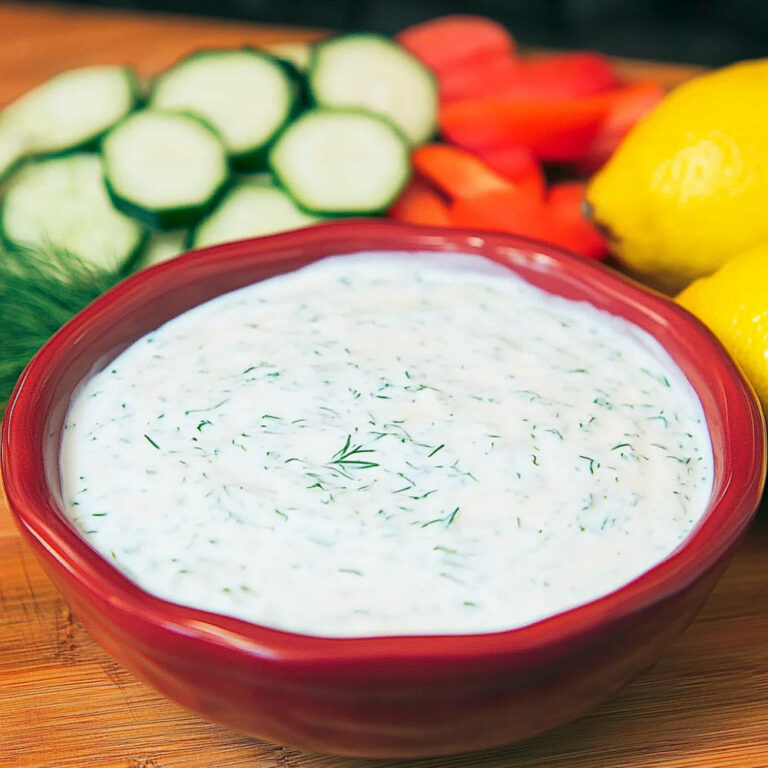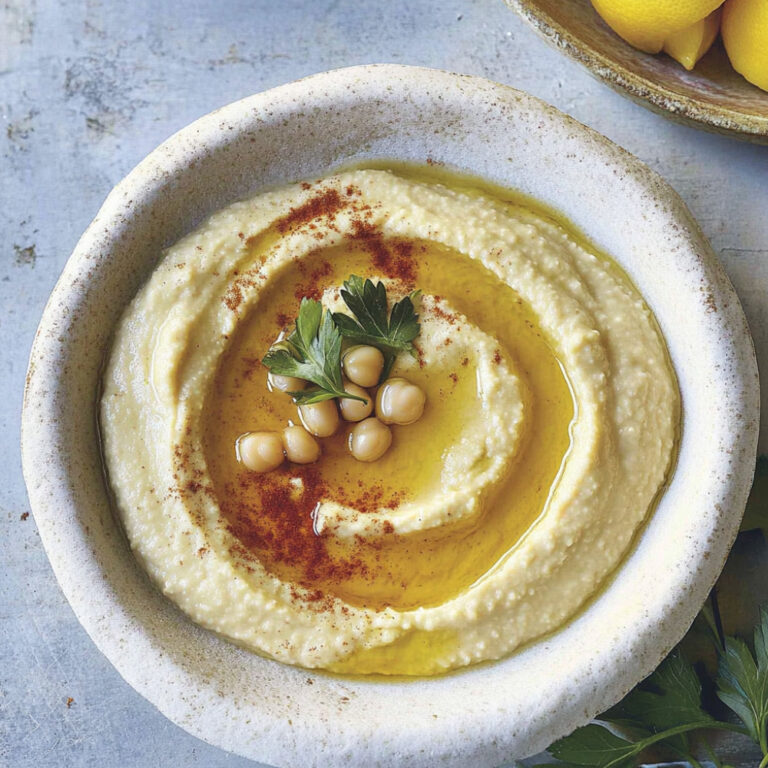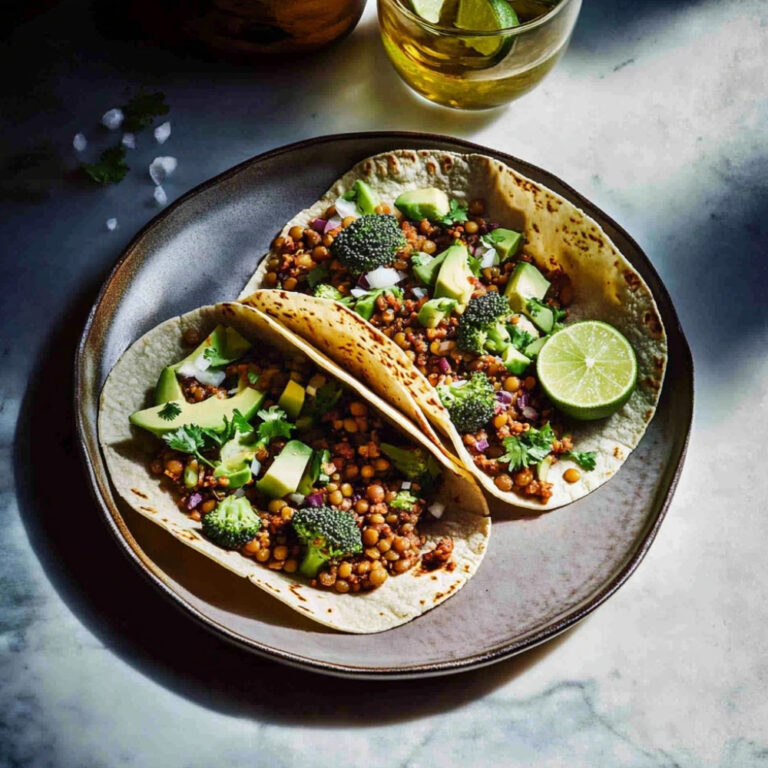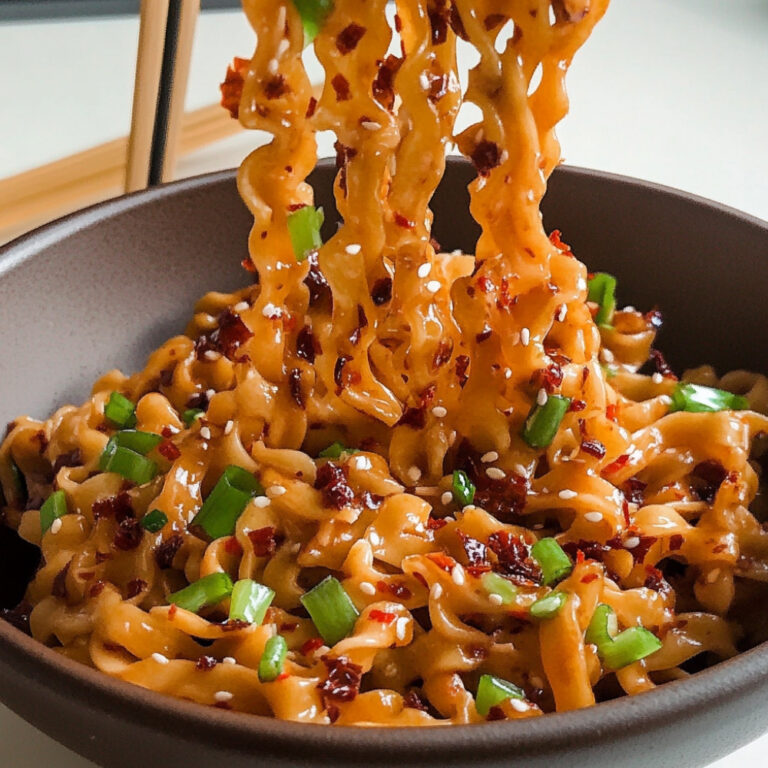Delicious Lo Mein Noodles in 30 Minutes or Less
Oh man, let me tell you about Lo Mein noodles… They hold a special place in my heart, you know? They’re just so comforting, with that chewy texture and the way they soak up all the wonderful flavors. Picture this: tender noodles all mingled together with vibrant veggies, a hint of garlic, and just the right amount of savory sauce. And the best part? You can whip this up in about 30 minutes or less—even on those busy weeknight dinners when you just can’t deal. Seriously, it’s like a warm hug on a plate.
Why You’ll Crave It
- It’s quick—totally perfect for those hectic weeknights.
- Customizable—you can add any veggies or proteins lurking in your fridge.
- So satisfying, like the meal equivalent of your favorite cozy blanket.
- Leftovers taste even better—who doesn’t love cold Lo Mein at midnight?
- Kid-friendly, and honestly, grown-ups love it too… it’s a win-win!
The first time I made this, my sister declared it better than takeout…and that says a lot!
What You’ll Need
- Noodles: 12 oz of fresh or dried egg noodles that are just so delightful when cooked right
- Soy Sauce: ¼ cup, for that lovely umami kick
- Oyster Sauce: 2 tablespoons, brings a depth of flavor that’s hard to resist
- Sesame Oil: 1 tablespoon, it gives a nice nuttiness to the dish
- Vegetable Oil: 2 tablespoons, for frying up those veggies
- Garlic: 3 cloves, minced—because garlic makes everything better
- Ginger: 1 tablespoon, minced. It adds that warm spice we all love
- Carrots: 1 medium, julienned for some colorful crunch
- Bell Pepper: 1 medium, sliced—go for red or yellow for sweetness
- Broccoli: 1 cup, cut into small florets, adds that vibrant green
- Green Onions: 2, chopped for that fresh finish
- Protein: 1 cup of your choice (chicken, shrimp, or tofu), right when you need a little extra hearty goodness
Easy How-To
Cookin’ Up a Storm
Alright, first… let’s get those noodles cooking, okay? Just boil them according to the package—until they’re al dente, not mushy, please! Once they’re done, drain ’em and set aside, don’t forget to keep an eye on them. Now let’s make that sauce—in a bowl, mix together the soy sauce, oyster sauce, and sesame oil until it’s all nice and blended, and it smells divine, I promise! Now onto the fun stuff—heat a good-sized pan or wok over medium-high heat. When it’s hot, splash in that vegetable oil and toss in those lovely sliced onions, bell peppers, and any other veggies you’ve got. Stir-fry for about 2-3 minutes until they’re just tender, not soggy. If you’re adding protein—do it now. Cook for another 3-4 minutes until everything’s cooked through. Grab those cooked noodles and toss ‘em into the mix along with that gorgeous sauce. Combine well, let the flavors dance together. Stir-fry for an extra 2-3 minutes until everything is heated through and…oh my gosh, those aromas! Then, just take it off the heat and serve immediately…maybe with a sprinkle of green onions on top if you’re feeling fancy.
Good to Know
- Feel free to mix and match veggies… whatever you have on hand is fair game!
- If you want more flavor, marinate your protein in a little soy sauce and garlic for a bit before cooking.
- Leftovers taste great—store in the fridge, but plan to eat them within a couple of days, okay?
Serving Ideas
- Serve them up with some sesame seeds on top or alongside a nice crispy spring roll. Yum!
Top Tricks
- Keep your heat on high when stir-frying… that’s the secret to those lovely browned bits that add flavor!
Frequently Asked Questions
Can I use other types of noodles for Lo Mein?
Absolutely! While the classic calls for egg noodles, you can totally use rice noodles, udon, whatever you fancy—just adjust your cooking time as needed!
What vegetables are best for Lo Mein?
Common choices are bell peppers, carrots, and snap peas—but honestly, go wild with whatever veggies you love!
How can I make Lo Mein vegetarian?
Super easy! Just skip the meat and load up on more veggies… and tofu gives that extra protein kick if you want it!
Can I store leftovers?
For sure—you can keep them in an airtight container for about 3 days in the fridge. Just heat ‘em up and you’re good to go!
What can I substitute for soy sauce?
If you’re out of soy sauce, try tamari for a gluten-free alternative, or coconut aminos if you want something sweeter. You can even blend broth and spices for a homemade fix!
—
Hope you enjoy making this delectable Lo Mein! It’s one of those dishes that just… feels like home. And remember, cooking should be fun, so don’t stress too much; just let your taste buds guide you. Enjoy!

